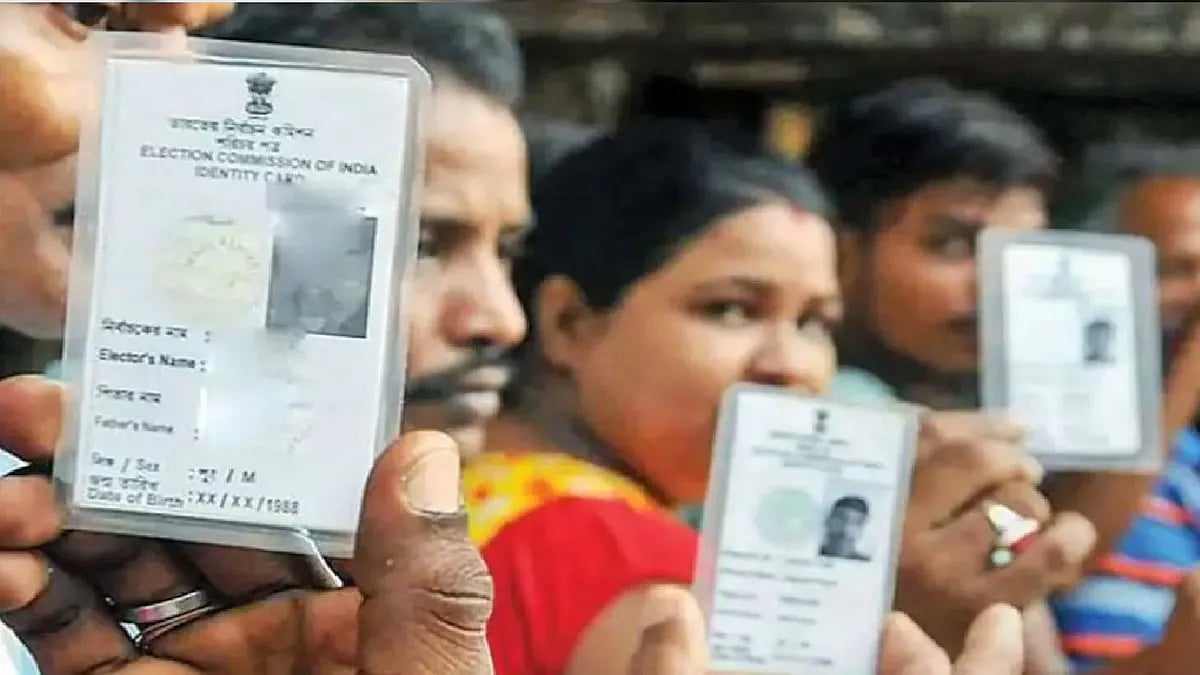The Facebook Bug Bounty Award stands as a pinnacle in the realms of ethical hacking and cybersecurity. Much like other major technology companies, Facebook operates a bug bounty program, encouraging security researchers and ethical hackers to identify and responsibly disclose vulnerabilities in their product. The award's prestige is intricately tied to Facebook's status as a leading social media platform, emphasizing the need to secure its systems against potential threats.
Receiving a bug bounty from Facebook is more than a recognition of technical expertise; it signals a commitment to enhancing online security. The accolade often includes financial rewards, public acknowledgment, and, in impactful cases, inclusion in the company's security ‘hall of fame’ or advisory.
The Facebook Bug Bounty Award holds significant prestige within the cybersecurity community, with recipients respected for their contributions to online safety. Since the program's inception in 2011, over 170,000 submissions were received from 150 countries, with only 8,500 reports awarded. India consistently ranks among the top three contributors.
Among the distinguished awardees is Rakesh Datta, Engineering Leader at Microsoft, whose ground-breaking work in 2013 exposed a critical flaw within the bug bounty program itself. This achievement placed him among the elite group of 359 global security researchers, including 136 from India, who received the Bug bounty award in 2013. There were a total 14,763 participants worldwide in that year. The significance of Rakesh's contributions earned him a prestigious place in Facebook's Hall Of Fame 2013, making him one of the few Indians to achieve this recognition.
In his LinkedIn post, Rakesh described the submission that earned him this award. He exposed a significant security loophole by creating millions of test accounts under a single user, leading to a simulated Facebook server crash due to memory exhaustion. While Facebook typically allows a maximum of 10 test accounts per user, Rakesh's hack enabled the creation of millions, potentially causing a memory leak and a denial-of-service attack. “We should probably be deactivating Whitehat test accounts so that they can't be reactivated in the way he described. Nice catch!” mentioned Godot from Facebook Security Team who supervises the Facebook Whitehat program. The bug was fixed soon after. This submission played a pivotal role in preventing a massive memory-leak related crash and outage at Facebook.
The recognition of Indian cybersecurity experts such as Rakesh by Facebook not only highlights the exceptional talent within India but also strengthens the country's global standing in the fields of technology and cybersecurity. In an era marked by escalating cyber threats, these Indian bug bounty hunters emerge as unsung heroes, diligently working behind the scenes to safeguard the digital world. Their contributions not only strengthen Facebook's security measures but also significantly contribute to India's standing in technology and cybersecurity on the global stage.










